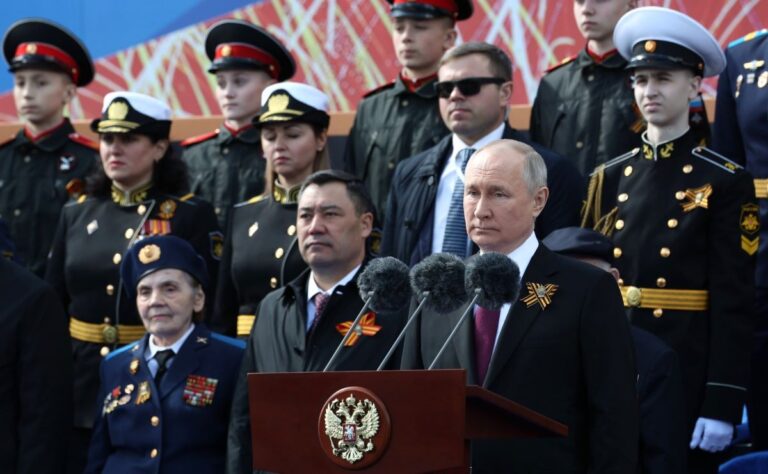Russia will raise the maximum age for military conscription from 27 to 30, starting in 2024. The minimum limit remains 18.
This will expand the registers from which citizens are called, twice a year, for compulsory military service, which lasts one year. Once finished, one can choose to enlist as a professional soldier.
Table of Contents
The Duma raises the age limit for military conscription to 30
The law was passed on Tuesday by the Duma, the lower house of the Russian parliament. And now it has to be approved by the other house of parliament and signed by President Putin, steps considered purely formal.
According to Russian law, conscripts cannot be sent to fight outside Russian borders. So the measure should have no direct impact on the course of the war in Ukraine.
It is also true that Russia has declared the annexation of four Ukrainian regions. Where it is possible that conscripts will be actively employed in the fighting.
The law prevents conscripts from leaving the country. On Tuesday, the Duma also passed a law increasing the fine for those who fail to report after being drafted by about tenfold. Namely, from 3,000 to 30,000 roubles (€30 to €300).
And another that allows Russian local administrators to create state-funded paramilitary units to shoot down drones, fight saboteur groups, and conduct anti-terrorist operations.
Russia recruits detainees
The war in Ukraine is proving more and more challenging for Russia, also in terms of recruits.
And so Putin is thinking about enlisting prisoners. In order to strengthen the ranks of the fighters, the Duma has passed a bill providing for a pardon for those who enlist. The Russian media reported the news.
This opportunity will be given to all those serving prison sentences. Thus provided they enlist in the armed forces during a period of mobilisation, martial law or wartime.
Only then will prisoners, with the exception of those convicted of ‘terrorism’, ‘treason’, ‘extremism’ and ‘sabotage’, be granted a pardon.
Read also: Putin threatens the use of cluster bombs in response to Kiev, too bad he is already using them












